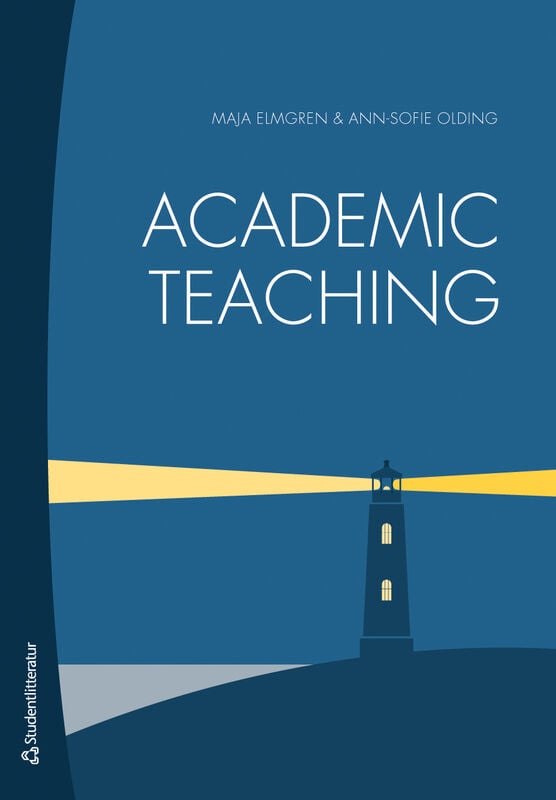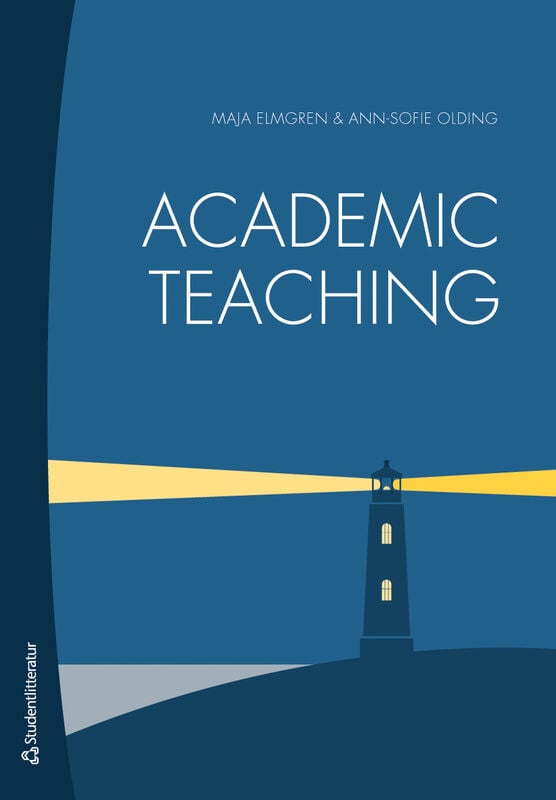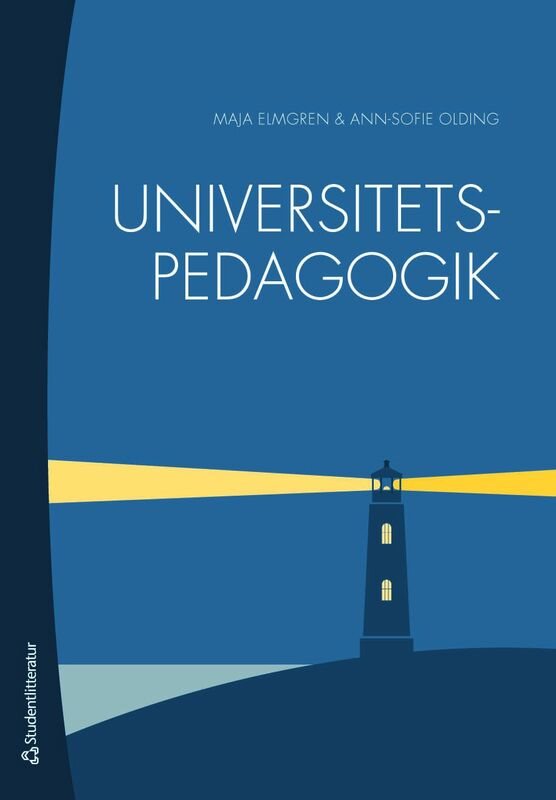
Academic Teaching

Academic Teaching
Den här boken finns tillgänglig som e-bok på Studora.
På Studora kan du köpa tidsbegränsad åtkomst till denna och många andra e-böcker. Du får tillgång direkt och kan även ta del av tjänstens smarta studieverktyg.
Innehållsförteckning
Information
- Författare:
- Maja Elmgren Ann-Sofie Olding
- Översättare:
- Donald S. MacQueen
- Språk:
- Engelska
- ISBN:
- 9789144195452
- Utgivningsår:
- 2014
- Revisionsår:
- 2025
- Artikelnummer:
- 38367-03
- Upplaga:
- Tredje
- Sidantal:
- 360
Innehållsförteckning
Information
- Författare:
- Maja Elmgren Ann-Sofie Olding
- Översättare:
- Donald S. MacQueen
- Språk:
- Engelska
- ISBN:
- 9789144200774
- Utgivningsår:
- 2014
- Revisionsår:
- 2025
- Artikelnummer:
- 38367-SB03
- Upplaga:
- Tredje
